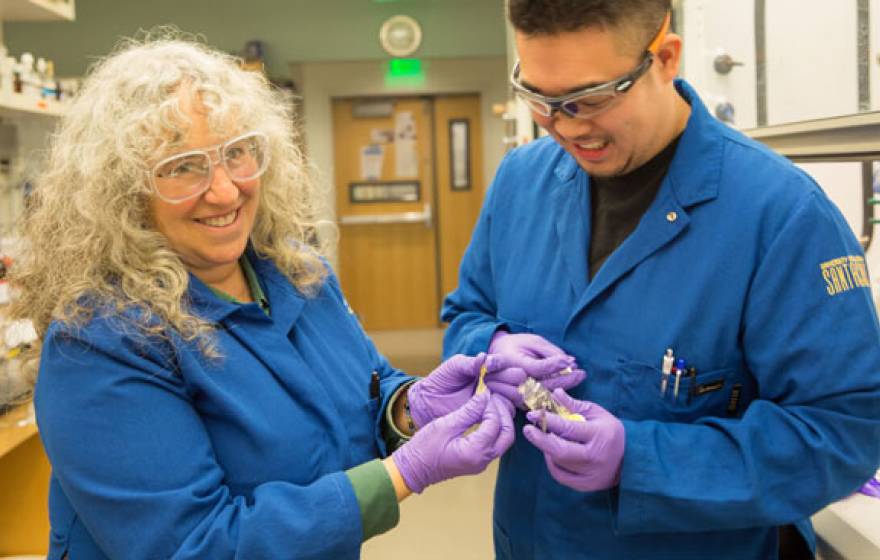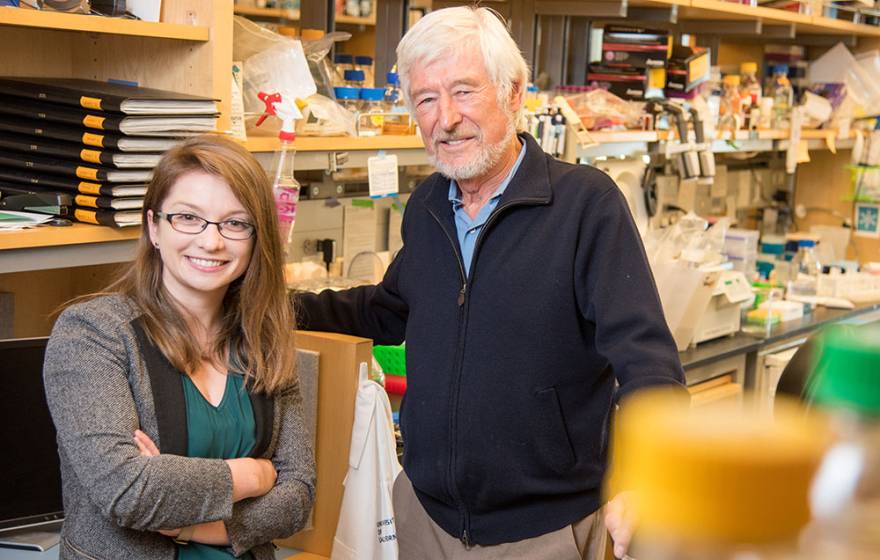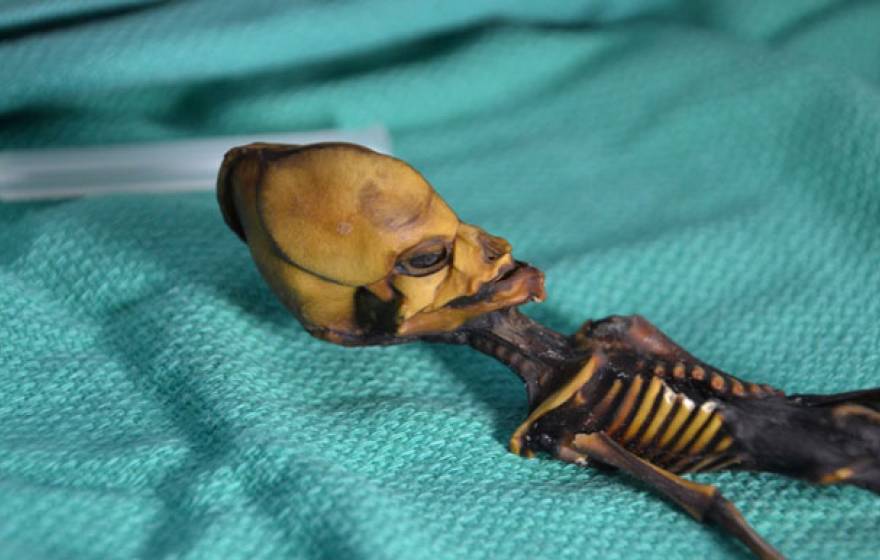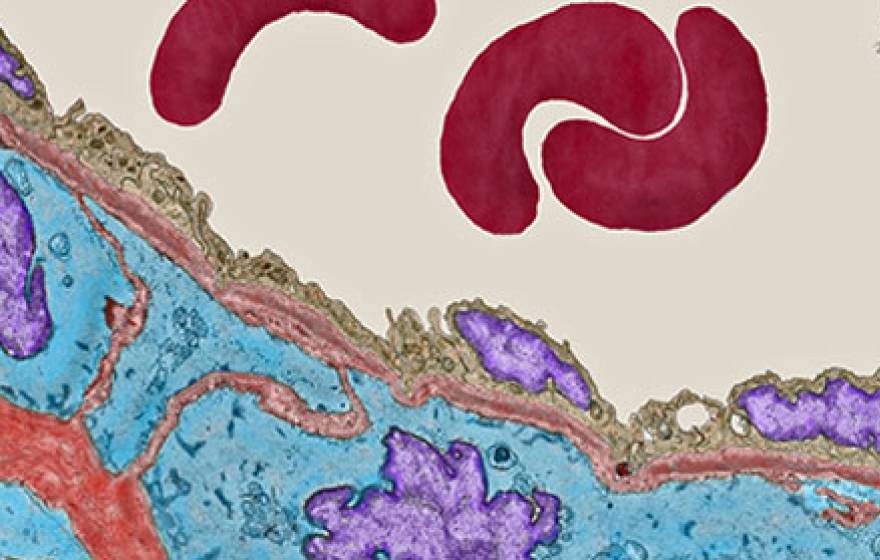Aging plastic leaches harmful chemicals. Rebecca Braslau has made it her life's work to create a safer alternative.
A safer, better plastic
How ‘junk’ DNA plays a role in cancer
Nearly 200 mutations have been identified that play a functional role in cancer, opening new avenues for treatment.
Meditation's lasting power
A first-of-its-kind study of meditation practictioners shows they are able to maintain their cognitive gains.
Sure, cancer mutates, but it has other ways to resist treatment
New research exposes how cancer can resist treatment — and how scientists can improve their response.
Pop-up institutes help medical research advance quickly, cheaply
If restaurants and retail can test new concepts with minimal investment, why not medicine?
Poor grades are tied to mismatched class times, study says
Being a night owl is not an “excuse” — how we learn is affected by our biological rhythms.
Helping OCD patients find treatment that works
Brain imaging data may help doctors spot who might benefit the most from cognitive behavioral therapy.
The secret to making it out of poverty
UC Irvine's Martín Burt finds families that overcome poverty have one thing in common — and it isn't income.
Once-mysterious ‘Atacama Skeleton’ illuminates genetics of bone disease
UCSF researchers sequence the genome of the ‘Atacama skeleton’ and discover new mutations.
The tech declared ‘coolest’ at SXSW
Katia Vega's tattoos, in which biosensors replace ink, earn the “Sci-fi No Longer” award.
New test can diagnose a heart attack within an hour
The improved diagnostic tool can detect heart attacks faster, and has already saved lives.
Toilet-to-tap water gets its first blind taste test
The results will definitely surprise you.











